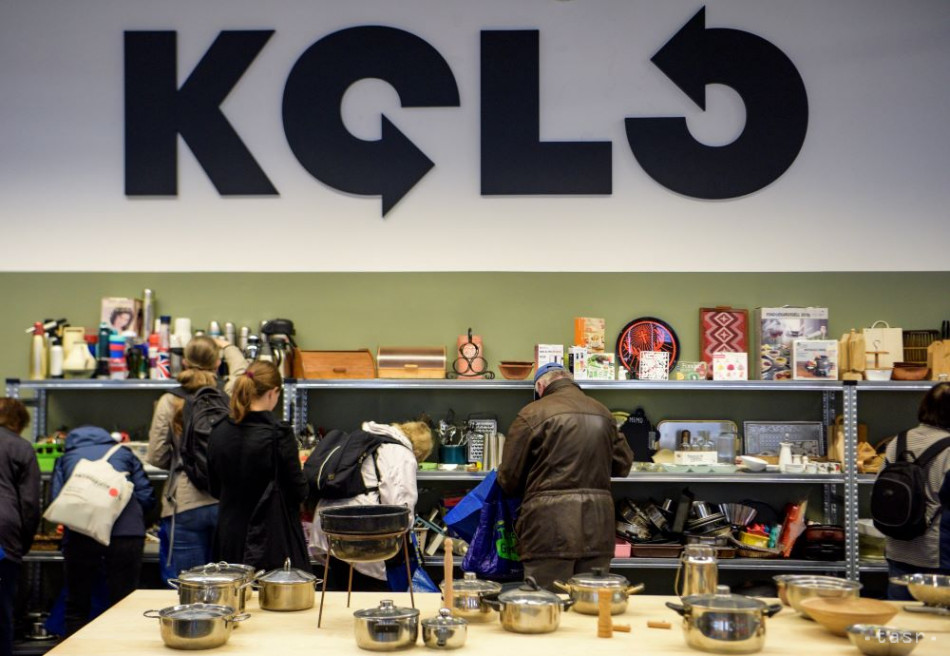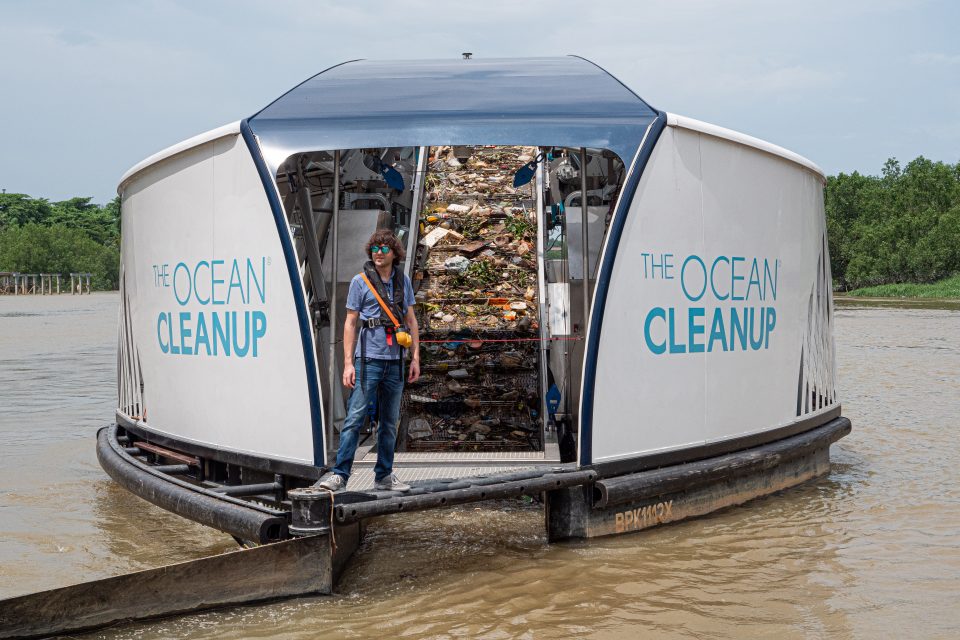What is zero waste?
“Zero waste is the conservation of all resources through responsible production, consumption, reuse, and recovery of products, packaging, and materials, without burning and with no discharges to land, water, or air that threaten the environment or human health.”(Zero Waste International Alliance: Definition of Zero Waste) In layman’s terms, a zero-waste lifestyle is one rooted in not throwing away anything. In this respect, the philosophy tries to maximize any form of reuse to keep garbage out of landfills. In short, living with zero waste means not having to dispose of anything. The basic principles of zero waste entail producer, political, and community responsibility.
Zero waste in the past
Zero waste is presently considered a lifestyle and philosophy, but in the past, it was just the way people lived. People rarely bought new clothes, recycled everything, and could simply not throw away either food or belongings because of financial constraints. They reused jars while shopping or in the kitchen, carried canvas bags, and kept plastic or glass containers in circulation. Milk bottles were returned; scraps went to animals or were composted to grow crops. Anything that could ignite was set ablaze to light up the streets. Even human excrement was reused for fertilizer or in the leather-tanning process and cloth dyeing. It was a normal way of living.Industrialization and the Increase in Waste
As industry, society, and the global population started to grow, so did the amount of waste we produced. Garbage dumps, sewage systems, and sanitation departments became necessary. In 1881, New York City established its first official Department of Sanitation (then called the Department of Street Cleaning), which followed some early zero waste principles. This marked the beginning of modern thinking about waste and how we deal with it.
Best zero waste projects around the world
- Bornholm Island, Denmark – The island is pledged to be totally zero waste by 2032. In this regard, an advanced system for waste sorting has been installed, thereby eliminating landfills and incineration. The community treats all waste as a resource and actively imparts zero waste education to residents and tourists.

photo: https://www.visitdenmark.com/denmark/destinations/bornholm/bornholm-0
- Zero Waste House, Melbourne, Australia – Designed by Joost Bakker, this 87 m² house uses recycled material and sustains itself: solar-powered, rainwater collected, composted waste generated from it, and used for growing plants through aquaponics and backyard gardening.
photo: https://edition.cnn.com/2021/10/26/australia/greenhouse-melbourne-joost-bakker-spc-intl/index.html
- Kamikatsu, Japan – A small mountain town has been leading in zero waste living since 2003. Trash in the community is sorted into 45 categories, and from there more than 80 percent of the town’s waste is recycled. They have also started a reuse shop, zero waste brewery, and a community ride-sharing program with the mayor.

photo: https://sensoneo.com/waste-library/best-zero-waste-projects/
- Zero Waste Restaurant in Berlin, Germany – FREA is a vegan, zero-waste restaurant with the philosophy to compost all food waste on-site and return compost to its partner farms, basically closing the loop of their food system. They purchase local and organic ingredients.

photo: https://blog.goodtravel.de/en/2023/06/16/happa-berlin-zero-waste/
- KOLO, Bratislava, Slovakia (launched in 2022) – as a circular economy hub that repairs and reuses donated household goods; it also supports vulnerable groups and runs an educational center. So far, KOLO has managed to save more than 54 tonnes of materials that would otherwise be headed for landfill.

photo: https://www.teraz.sk/regiony/bratislava-otvorila-kolo-stabilne-mest/665841-clanok.html
- Ocean Clean Up, Netherlands – Founded in 2013 by Boyan Slat, The Ocean Clean Up is making uses of systems running on renewable energy to pick plastics from the ocean. It has worked since 2018 to clear over 60 tons of garbage and has helped spark global efforts toward marine pollution.

photo: https://theoceancleanup.com/about/
Benefits of zero waste products
- Less garbage
- Smaller carbon footprint
- Sustainable packaging
- Healthier choices
- Promotes eco-friendly habits
- Saves money
- Encourages composting and recycling
- Supports mindful consumption
Bad side of zero waste alternatives
• It may be difficult to find stores carrying zero-waste items.
• A zero waste lifestyle can be more costly.
• Zero waste may be overwhelming to larger families.
• Maintaining a zero waste approach can take a lot of time.
• Shopping online can be problematic.
• Many items do not have a zero waste substitute.
• Striving to live a zero waste lifestyle may cause undue pressure.
Examples of Zero Waste Products
• Makeup remover pads – Kathryn Kellogg from Going Zero Waste has a super simple DIY for you. Just grab an old flannel t-shirt and turn it into reusable cotton rounds. You’ll need some scrap fabric, scissors, thread, a sewing machine, and a jar to shape and store them.
• Reusable sandwich bags – The Crafty Gemini has a great YouTube tutorial that shows you how to sew your own sandwich or snack bags. No need for zippers—just some washable fabric, thread, and a sewing machine will do the trick.
• Cloth “paper towels” – Paper & Stitch provides an awesome tutorial for crafting reusable towels from old t-shirts or towels. Gather up some fabric scraps, scissors, a sewing machine, an iron, and a ruler, and you’re all set!
• Laundry detergent – Many commercial detergents are packed with chemicals and come in plastic packaging. Why not try making your own? I’ve got two recipes on my blog: one for a powdered version and another for a gel that turns liquid.
• Dry shampoo – Short on time to wash your hair? Give this easy, oat-based DIY dry shampoo a shot. It’s super simple to whip up and really effective—my dad swears by it and always asks for more!
• Dishwasher detergent – Did you know that running a full dishwasher is actually more eco-friendly than washing by hand? However, many store-bought detergents can be harmful. Check out my blog for a DIY recipe that’s safer for you and the planet.
Principles of zero waste
author: Petra Vuleta
Data Sources:
Green.hr, Klara Mordić, 29/9/2022, https://green.hr/vjerojatno-vec-znate-za-pokret-zero-waste-no-jeste-li-se-ikada-pitali-kako-je-nastao-2/
zerowaste, 23/7/2020, https://www.zerowaste.com/blog/what-is-zero-waste-a-guide-to-resource-recovery-and-conservation/
Green Comostables, 27/11/2024, https://www.greencompostables.com/blog/zero-waste-products
Sensoneo, https://sensoneo.com/waste-library/best-zero-waste-projects/
Greenify Me, https://www.greenify-me.com/2022/07/zero-waste-diy-projects.html
Almost zero waste, https://www.almostzerowaste.com/zero-waste-disadvantages/
Author: Petra Vuleta




